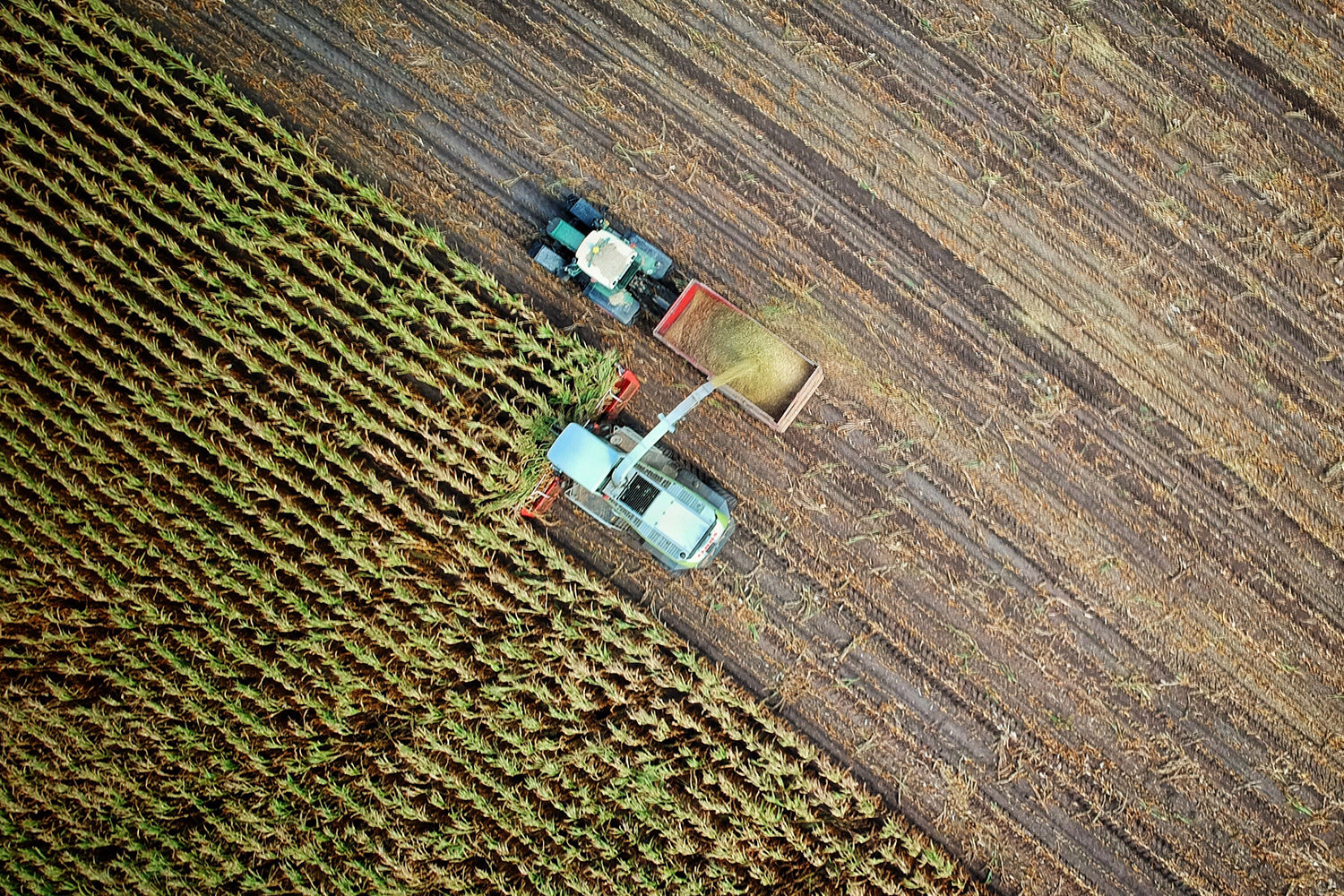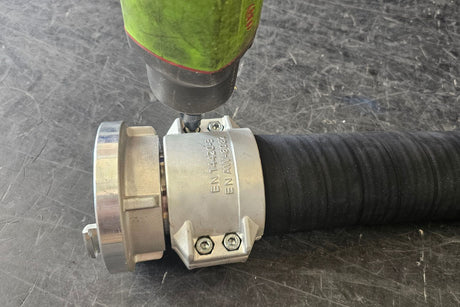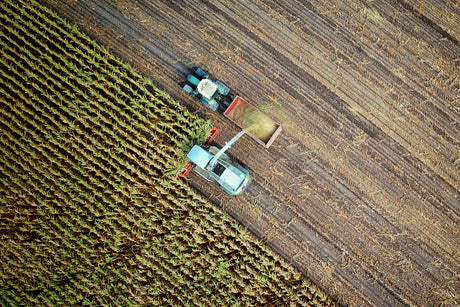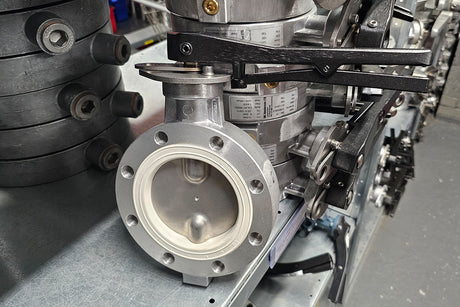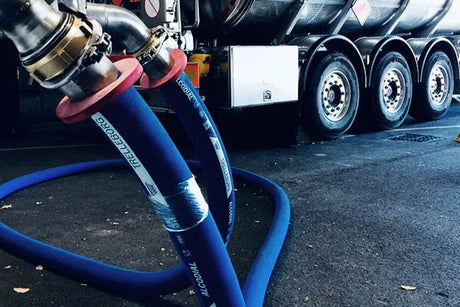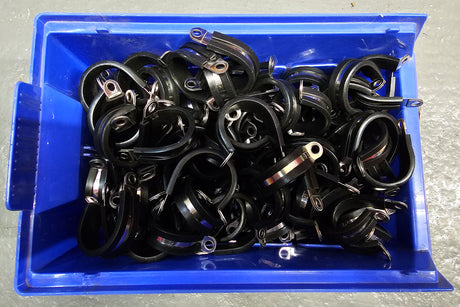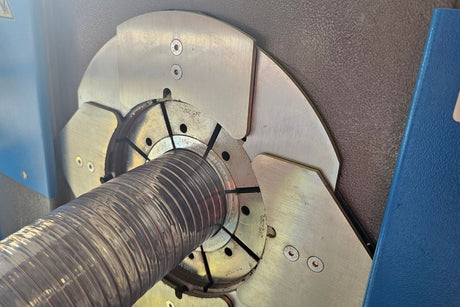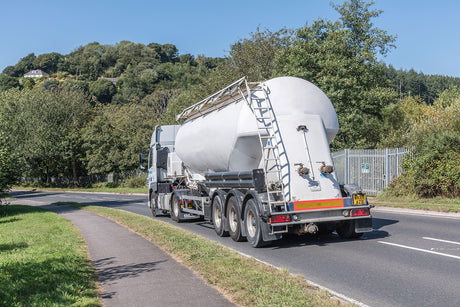Agriculture has come a long way from traditional farming practices, thanks to advancements in technology and equipment. One piece of equipment that has seen a significant evolution is the agricultural hose. These hoses are more than just a conduit for water; they are specially designed for various tasks in farming, livestock management, and more. This blog will explore the types of agricultural hoses, their applications, and tips for selecting the right hose for your agricultural needs.
What Are Agricultural Hoses?
Agricultural hoses are flexible tubes used for conveying water, fertilizers, chemicals, and other fluids in agricultural settings. They are designed to be durable, flexible, and often reinforced to handle various pressures and environmental conditions. While some hoses are general-purpose, others are specifically designed for particular agricultural tasks.
Types of Agricultural Hoses
1. Water Supply Hoses
- Purpose: Used for irrigation and supplying water to crops.
- Material: Typically made of PVC or rubber for flexibility and durability.
2. Chemical & Fertilizer Hoses
- Purpose: These hoses are used for spraying pesticides or conveying fertilizers.
- Material: Often constructed with a lining that is resistant to chemicals.
3. Suction Hoses
- Purpose: Used for drawing water from wells, ponds, or tanks.
- Material: Reinforced with rigid helix wires for strength.
4. Dairy Washdown Hoses
- Purpose: Used for cleaning and sanitation in dairy farms.
- Material: Typically made of rubber or silicone, which is easier to clean and disinfect.
5. Fuel Transfer Hoses
- Purpose: Used for refueling agricultural machinery and equipment.
- Material: Usually constructed with an inner lining resistant to fuel.
Applications of Agricultural Hoses
- Crop Irrigation: Water supply hoses are critical for both sprinkler and drip irrigation systems, ensuring uniform water distribution to the crops.
- Livestock Care: Hoses are used for cleaning livestock areas and for providing water to animals.
- Greenhouses: Specialized hoses with fine misting nozzles can provide the ideal humidity levels required in a greenhouse setting.
- Equipment Maintenance: Durable hoses with high-pressure resistance are often used for cleaning and maintaining agricultural equipment.
- Pest and Weed Control: Chemical and fertilizer hoses are essential for applying pesticides and herbicides to protect crops.
Criteria for Selecting the Right Agricultural Hose
- Material: The hose material should be compatible with the fluid it will carry. For example, hoses used for chemical sprays need to be resistant to chemical corrosion.
- Pressure Rating: Ensure that the hose can withstand the operating pressure of your agricultural tasks, as bursting hoses can lead to wasted resources and potential hazards.
- Length and Diameter: Consider the required length and diameter based on the application. For instance, longer hoses may be needed for large fields, while a smaller diameter might suffice for drip irrigation systems.
- Flexibility and Durability: Look for hoses that offer the right balance between flexibility and durability to suit your specific agricultural needs.
- Environmental Conditions: Consider the environmental factors such as temperature and UV resistance when selecting a hose. Some materials degrade faster in harsh conditions.
Conclusion
Agricultural hoses play a pivotal role in modern farming and livestock management. From irrigating crops to spraying fertilizers and pesticides, these hoses are as varied as the tasks they perform. By understanding the different types and their specific applications, you can make an informed choice that will serve your agricultural needs efficiently and effectively. Remember, the right hose is not just about conveying fluids; it's about nourishing crops, protecting livestock, and ultimately, supporting the foundation of our food supply.

